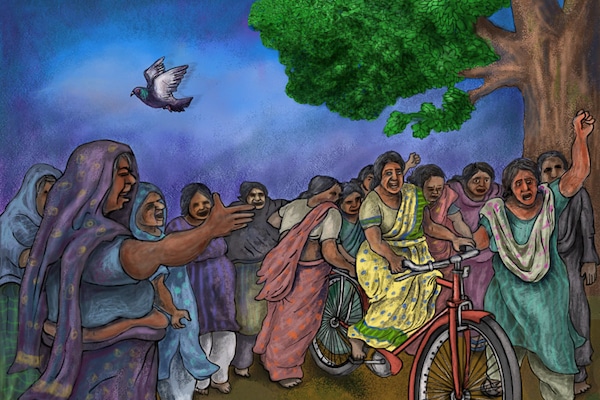
It may be thought that just as any tendency towards a financial outflow causes a squeeze on the living conditions of the working people via an exchange rate depreciation, any opposite tendency, towards an inflow of finance (in excess of the autonomously determined current account deficit in any period) should have the opposite effect of appreciating the exchange rate and hence lowering the cost of living, to the benefit of the working masses.
From MR Online via This RSS Feed.
You must log in or # to comment.

